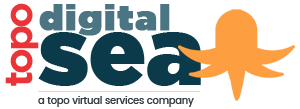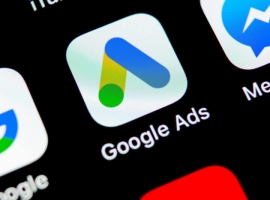New Business Tips for Entrepreneurs: How Work Will Change in the Future
As more and more freelancers and independent employees become part of a free agent nation, we all can expect that the way work functions will be disrupted.
Work will change not just by technological advances, but also by the exodus of baby boomers from the workplace and their replacement by millennials.
Additionally, notions we have long held about life and work in general will no longer hold true. Ideas earlier thought of as revolutionary will now fit into our lives naturally.
The following trends have been around for quite some time, but, as it always will, work will change. Thus, these areas are expected to grow and become mainstream in 2016.
More remote teams
It takes an average of 43 days to find and onboard a talent for a brick-and-mortar business. On the other hand, the same process only takes 3 days in the virtual world. This huge gap signals a massive opportunity loss when you want to hit the ground running. Advancements in communication technology make it possible to assemble virtual teams overnight so organizations or businesses can take advantage of trends as they surface.
More independent consultants
Large consulting firms will still have their place, especially when mergers and acquisitions are at stake. However, smaller businesses
needing discrete skills will be able to find them just as easily as their bigger counterparts, as there will be a larger pool of such talent available and ready to work on demand. This talent will not necessarily be comprised of full-time freelancers; some may have full-time day jobs yet will be doing side gigs to cushion themselves against uncertainties in the economy.Consumer-grade design in the workplace
Consumers are likely to buy products that are user-friendly, and that emphasis on consumer-grade design is going to be the norm in workplace settings as well. Workplace devices, tools, and systems have traditionally been complicated to use, requiring significant training for everyone to get up to speed. The future of the workplace, however, will see more systems and tools that are designed for intuitive usability and enhanced productivity.
More video
Effective presentation skills will remain a highly desirable talent; it’s the tools we will use for those presentations that will see a significant shift. PowerPoint will be slowly shouldered into the sidelines as video presentations take center stage and divert the attention away from static presentations and infographics. Projects on dynamic presentation platforms will grow even more, resulting in an increased demand for motion graphics and video editing skills.
Increased choices for work-life balance
A higher flexibility for employees to focus more on the ‘life’ side of the work-life balance equation can also have the negative consequence of blurred boundaries between work and life, too. Communication technology in particular has made work more of a state of mind and less of a place. Instead of assuming employees will always want to have more flexibility in their personal lives, employers will make room for those who want to move up and drive change, while also allowing others to work hard and still have flexibility in their personal lives.
More collaborative teamwork and less top-down leadership
The way we think about leadership and management will change with the times too. In fact, the traditional way of selecting leaders is slowly being replaced by a much less hierarchical approach. Today, leaders are most likely to be determined organically, instead of by experience and company loyalty alone.
Additionally, because the very nature of management has drastically changed in recent years, those who will be called to lead or become leaders will not necessarily be the ones who spent the most time climbing the corporate ladder. Today’s leaders will more likely come from the ranks of those who are able to inspire collaboration, rather than those who command authority.
Icon Credits (thenounproject.com):
Creative Stall; DonBLC; Edward Boatman; Gan Khoon Lay; Gregor Cresnar; Francesco Ferraro; Matt Hawdon; Stephanie Rusch[/vc_column_text][/edgtf_tab][/edgtf_tabs][/vc_column_inner][/vc_row_inner][/vc_column][/vc_row]








There are no comments